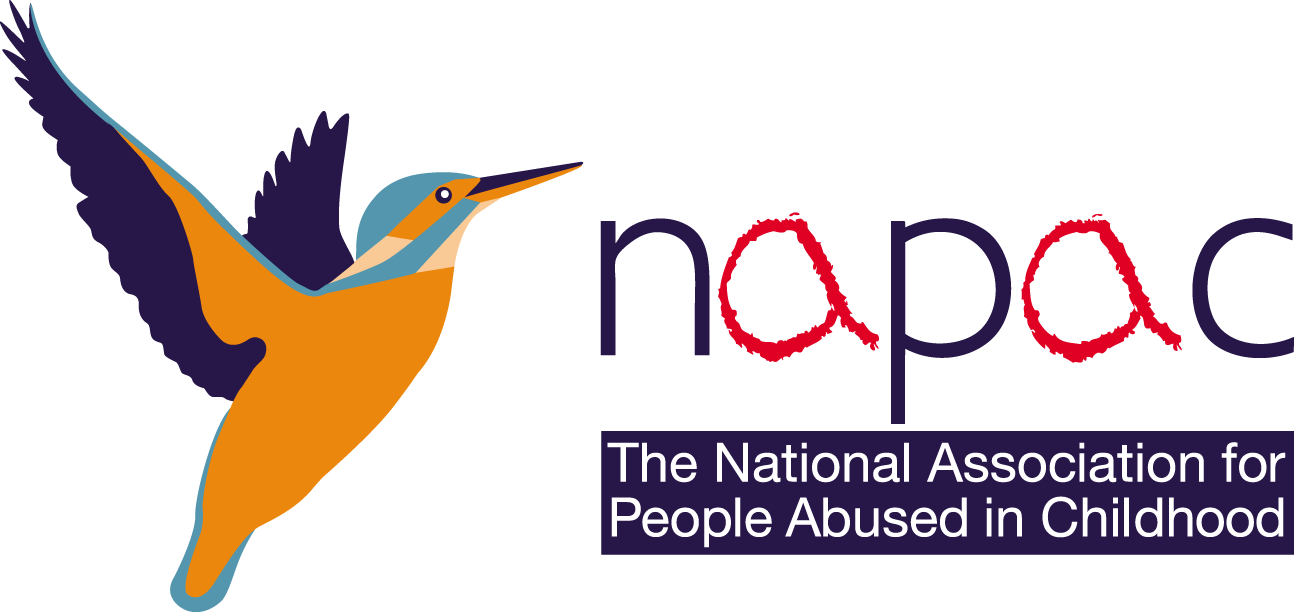
This blog was provided to us by the abuse claims team at law firm, Bolt Burdon Kemp.
Victims and survivors are often unaware that they can claim financial compensation in respect of the abuse they have suffered. This is known as a civil claim. In this blog, we talk about what a civil claim can achieve, when you might be able to make one, and next steps if you think you might want to make a claim.
What you can achieve
Many victims and survivors who contact us say that the most important thing to them is not money, but having some acknowledgment that the abuse happened, and that it was wrong. Lawyers can and do ask for an apology for their clients as part of settlement discussions, but there is no guarantee that a Defendant will apologise or admit wrongdoing, even if they lose the case and are forced to pay compensation. As frustrating as this is, many of our clients find that receiving compensation still gives them a sense of closure.
There is also nothing wrong with simply wanting to be compensated for what happened to you. Although of course no amount of money could make up for the suffering caused by sexual abuse, the goal of compensation is to remedy any financial damage the abuse has done and put you in a position to move forward with your life. It can be used to gain easier access to things that might make you feel better, such as private therapy, or simply to improve your quality of life if the abuse has made it difficult for you to earn money.

When can you make a civil claim?
You can make a claim either directly against the person who abused you, or, if the abuser was acting on behalf of an organisation, you can make a claim against that organisation. Abusers who may be acting on behalf of an organisation include:
- ‘Professional’ foster carers allocated to care for you by social services;
- Teachers at a school you were attending;
- Leaders, volunteers or employees within a religious community;
- Coaches for sports teams; and
- Leaders and helpers in cadet, scout or guide groups.
These are not the only situations where someone might be acting on behalf of an organisation, and a lawyer will be able to advise you on your case specifically.
The benefit of suing an organisation is that they usually have insurance in place which ensures that if you win they are able to pay you compensation and also cover your legal fees.
Individual abusers do not usually have insurance, so instead they need to have either assets (such as a house) which can be sold or enough money in the bank to pay both your compensation and your legal fees.

Time limits for making a claim
There are time limits for making a civil claim which apply whether you are suing an abuser or an organisation. For abuse that happened when you were a child, you need to make a claim by your 21st birthday. If something happened to you as an adult then you have three years from the date of the incident/abuse.
However, a lot of claims for sexual abuse are brought long after this time limit has passed and can be allowed to proceed as long as a court thinks there can still be a fair trial, and that there are good reasons for the delay. Good reasons might include things like poor mental health and the difficulty of talking about something as sensitive as childhood abuse. If the abuser has been convicted in a criminal court of offences against you, this can make it much easier to convince a court that the time limit should be disapplied.

Next steps
- Contacting a lawyer with the right experience.
Claims for child sexual abuse can be very complicated, and it is always best to have legal advice. You can find a lawyer on the website for the Association of Child Abuse Lawyers.
Making an initial enquiry is free unless you have explicitly been told otherwise, and most abuse lawyers offer ‘no win no fee’ agreements, which mean you will not have to pay any fees upfront. A good lawyer will make sure you fully understand the terms of such an agreement before signing up. You should avoid lawyers who make you feel pressured to sign up straight away, or make you feel as though you cannot ask questions.
- Reporting to the police.
At BBK we always advise potential clients that the first step they should take is to report the abuse to the police if they have not previously, even it was a long time ago or the abuser has passed away. First and foremost, abusers need to pay for their crimes. Even if a report does not result in a successful prosecution, this can still produce useful information and evidence which supports your account of events as part of your claim.
